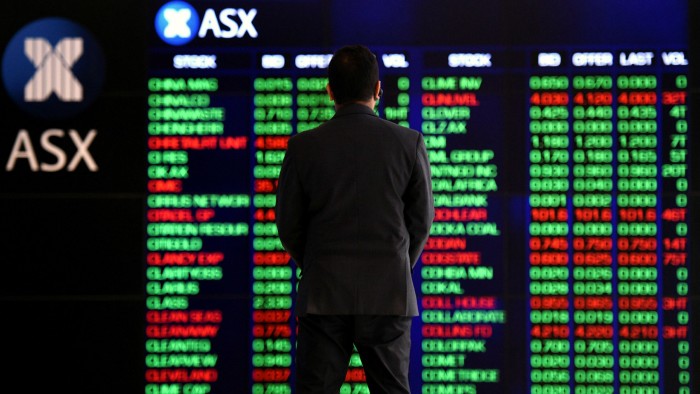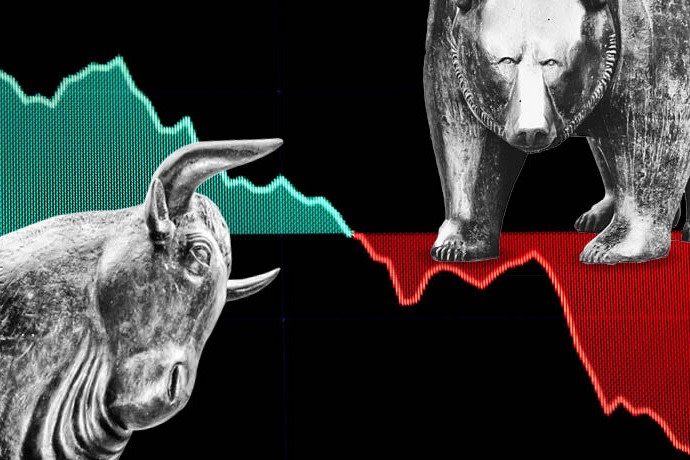Mirae aims for rapid growth in Australia on buying ETF Securities

Simply sign up to the Exchange traded funds myFT Digest -- delivered directly to your inbox.
Mirae Asset Global Investments is aiming to build a $50bn exchange traded fund business in Australia within three years, following its acquisition this month of ETF Securities, one of the pioneers of Australia’s ETF sector.
Mirae has pursued acquisitions to accelerate the expansion of its ETF business beyond its home market in South Korea to the US, Europe, Latin America and Asia. It acquired Horizon ETFs, a Canadian manager, in 2011, and then bought Global X, a New York-based issuer, in 2018, before the deal with ETF Securities which currently manages A$4.7bn ($3.2bn) of assets.
The acquisition of ETF Securities lifts Mirae’s total ETF assets to more than $85bn, ranking it as the 14th largest provider globally, just behind JPMorgan and UBS, according to ETFGI, a data consultancy.
Global X was in the process of applying for regulatory permission to launch ETFs in Australia and decided to buy ETF Securities to bring “immediate scale” to its operations in the country, said Byungsung Lee, chief executive of Mirae Asset Global Investments.
Luis Berruga, the chief executive of Global X, said that ETF Securities’ senior leadership team would remain in place and that no job losses were planned following the deal. No financial details have been disclosed and no decision has yet been made whether or not the enlarged Australian unit will operate under the Global X name or retain its branding as ETF Securities.
Under the leadership of Berruga, who was promoted to CEO in 2018, Global X has quadrupled its assets under management and employee numbers by pursuing an energetic international expansion strategy.
It opened a London office in December 2020 to establish a foothold in Europe and agreed a joint venture with Diawa which provided an entry into Japan’s ETF market in 2018. In Brazil, Global X offers 19 ETFs, cross-listed on São Paulo’s B3 exchange, and it recently debuted the first fixed income ETF listed in Colombia.
Berruga said that he expected to see ETF adoption by non-US investors rise towards levels already witnessed in the US.
“ETF represented just 1 per cent of the assets held in US mutual funds in 2000 and that has now increased to more than a third. We are already seeing a clear trend of rising ETF adoption in Europe and that will also follow in Asia, Latin America and Australia,” he said.
Technological changes, including the ability to buy ETFs via a mobile phone, rising financial education and demographic shifts that are forcing more workers to save for retirement via private pension schemes, should all help to drive wider ETF adoption, said Berruga.
In the US, Global X enjoyed net inflows of $3.3bn in the first five months of this year after registering record inflows of $21.2bn over the whole of 2021, according to ETFGI.
Berruga said he expected Global X’s US assets to rise from about $40bn currently to $100bn over the next three years as a result of growing retail investor interest in its thematic and commodity-focused strategies.
“ETFs are a more efficient investment vehicle for the large majority of investors. Why would anyone buy a mutual fund when they can invest via an ETF,” he said.
Latest news on ETFs

Visit the ETF Hub to find out more and to explore our in-depth data and comparison tools helping you to understand everything from performance to ESG ratings
Comments